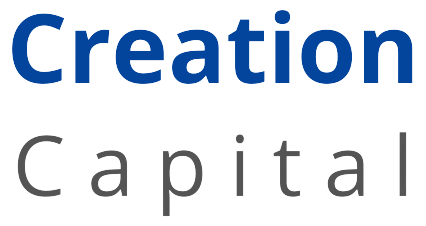| In the year 1942, Albert Einstein was teaching at Oxford. One day, he gave a physics exam to his senior class students. While he was walking on the campus, his assistant asked him….Dr. Einstein, this exam you just gave your class today….isn’t it the exact same exam you gave this same class of students, 1 year back? Einstein said yes, they’re exactly the same questions!! Hearing this reply his assistant got confused and asked…..Dr. Einstein how could you possibly do that? To that, Einstein replied…..”well, the answers have changed”. What was true back then, is even more true today. We live in a world today, where the questions might be the same, but the answers have changed. If you want to get results that we never got before, we need to start doing things, we haven’t done before. There has been a common observation, that when people hit a wall of some kind, they either do more of the same things, or they do less of the same things….but seldom anyone does different things instead. As they say….to do different things, we need to think outside the box. What exactly is this box? The box is a combination of physical, legal, technological, economic, emotional and, moral boundaries. We tend to think within these boundaries….or so we think, we do!! But in reality the box we think in is even smaller. Our small box is made up of our perception, ideas, experiences, thoughts, norms, information, knowledge that we gather over the years. Our box lives inside of the bigger box with boundaries, the outside world have defined. In our business and professional life as well, majority of us think within our small box and boundaries of industry standards or norms. Norm is an abbreviation of Normal. Each industry has it’s industry norms, which is a framework within which, people in that particular industry are expected to think and do. How do we think outside the box? |
 The answer is “by breaking the industry norms”. Now don’t get me wrong here…..breaking the norms, doesn’t mean breaking the law. Time and over, it has been observed that any ground breaking innovation occurs when people have broken their industry norms. iKea, Dell, Airbnb, Uber are some classic examples of breaking industry norms and thinking outside the box. |
| By understanding that the majority is always wrong when it comes to high performance, it’s time to quit fixing things and move towards massive innovation. As per statistics only 3% of people are able to achieve extraordinary results. Each one of us has the potential to be part of this 3%, but we need to keep our eyes open, acquire new knowledge and break our industry norms, to do things differently. The alternative is…..be part of the 97%. Crowdfunding is relatively a new and different way to acquire and own commercial real estate. Until 2013, if an individual investor wanted to passively invest in commercial US real estate, the best way to do it was to invest in a REIT (Real Estate Investment Trust), at much lower yields, subject to stock market risks, and with no control over which assets your funds are being deployed. The JOBS Act in 2013 added new sections 506(b) and 506(c) to Rule 506, which opened up the opportunity for Sophisticated and Accredited investors to invest passively in commercial real estate deals, through syndicated private offerings. This, in our opinion, is the new answer, to the age old question of financial freedom. |




